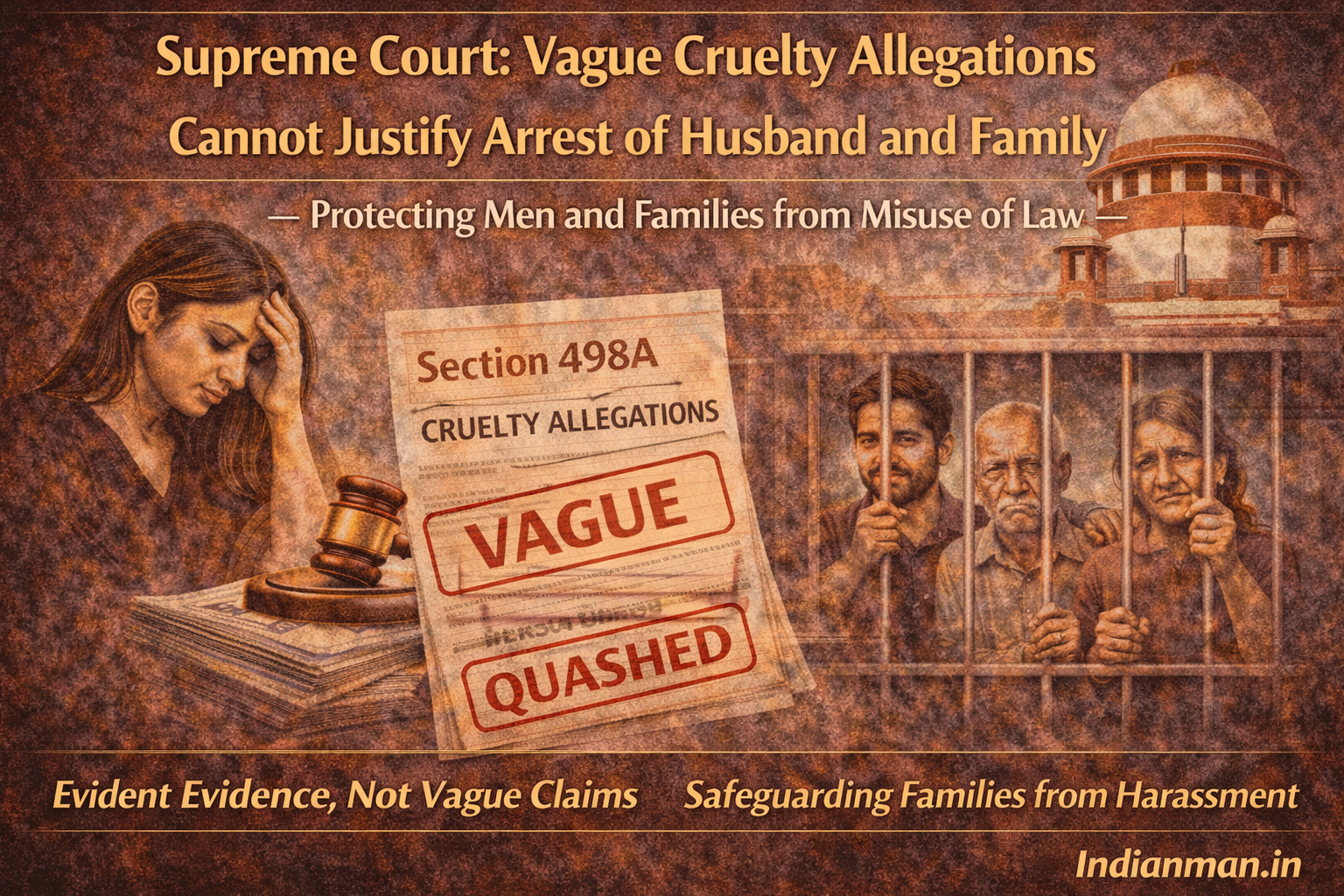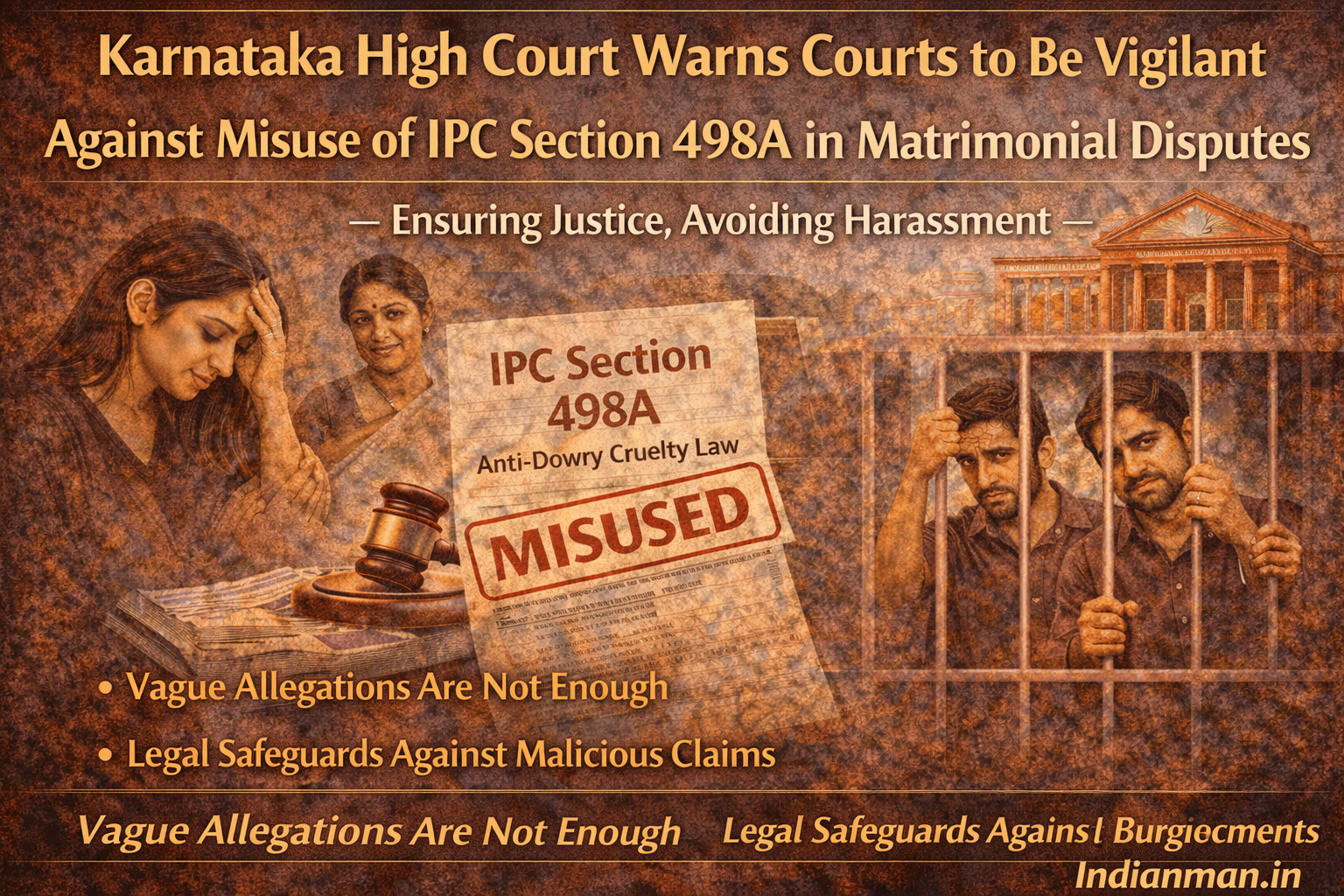The Allahabad High Court has raised concerns over trial judges convicting innocent people to protect their own reputations or career prospects. The court highlighted the urgent need for a law to compensate individuals who are wrongfully prosecuted in criminal cases.
Justices Siddharth and Syed Qamar Hasan Rizvi made these remarks while acquitting a man accused of murdering his wife in 2009. The man had already spent nearly 13 years in prison before finally being released on bail, despite the fact that he should have been acquitted much earlier.
The court stressed that the man deserved substantial compensation, but lamented that there is no legal framework in place to grant such compensation. In its October 25 ruling, the court pointed out that the government’s inaction has resulted in continuous violations of Articles 14 (right to equality) and 21 (right to life and liberty) of the Indian Constitution for those wrongfully prosecuted.
The court also criticized the Bhartiya Nagrik Suraksha Sanhita, 2023, stating that it does not adequately address the rights of individuals wrongfully prosecuted, in line with the Constitution.
Furthermore, the court noted that even when wrongfully convicted people are acquitted, reintegrating into society and their families becomes difficult. It urged the government to take corrective action, including offering financial compensation to help such individuals regain dignity and avoid being seen as a burden on their families.
The observations were made during an appeal filed by a man convicted in 2010 for allegedly murdering his wife in 2009. Initially, he faced charges related to dowry demands, cruelty, and dowry death, along with the death of an unborn child under Section 316 of the Indian Penal Code (IPC). The trial court later added a murder charge under Section 302 of the IPC.
However, the High Court found no evidence to support allegations of dowry death or cruelty. The trial court had introduced the murder charge during the judgment phase, solely because a two-month-old fetus was discovered in the wife’s womb.
The High Court criticized this, stating that the accused was not given the opportunity to defend himself against the newly added murder charge. It emphasized that while charges can be altered at any stage of the trial, the accused must be given a fair chance to defend themselves to ensure a just trial.
Ultimately, the court acquitted the man but could not order compensation due to the lack of a legal mechanism for wrongful prosecution compensation. The court expressed regret over the justice system’s failure to create a structured framework for compensating those wrongfully accused and acquitted after years in jail.
Be a part our social media community:
Facebook: https://www.facebook.com/IndianMan.in?mibextid=ZbWKwL
Instagram:
https://www.instagram.com/indianman.in?igsh=MWZ2N3N0ZmpwM3l3cw==



